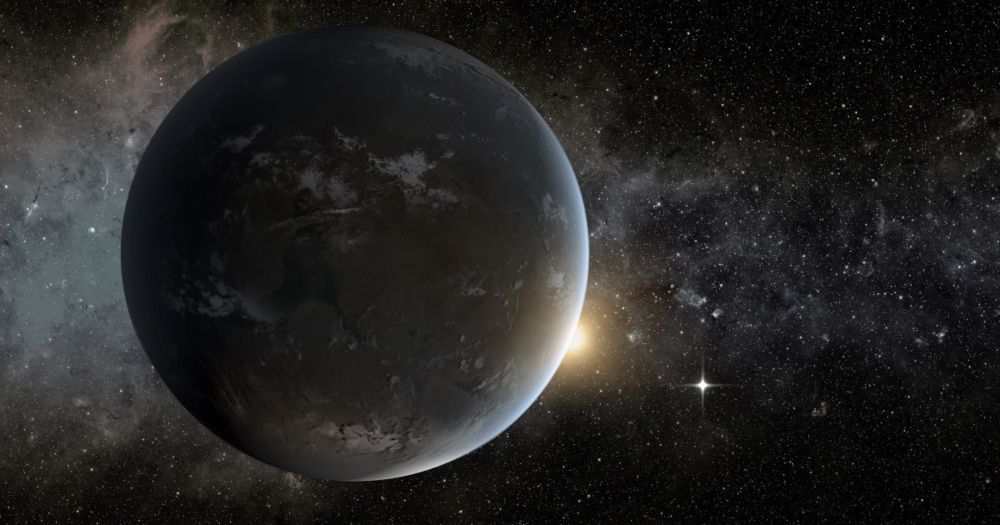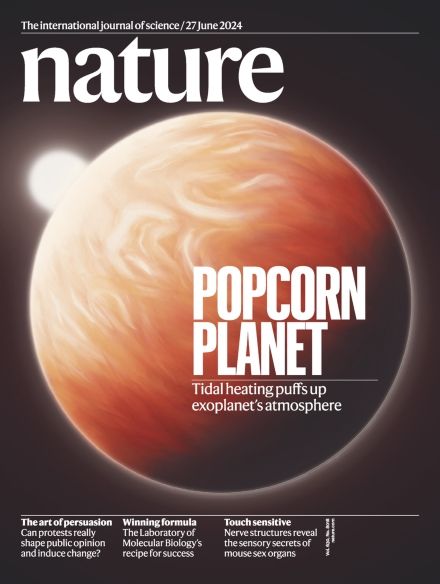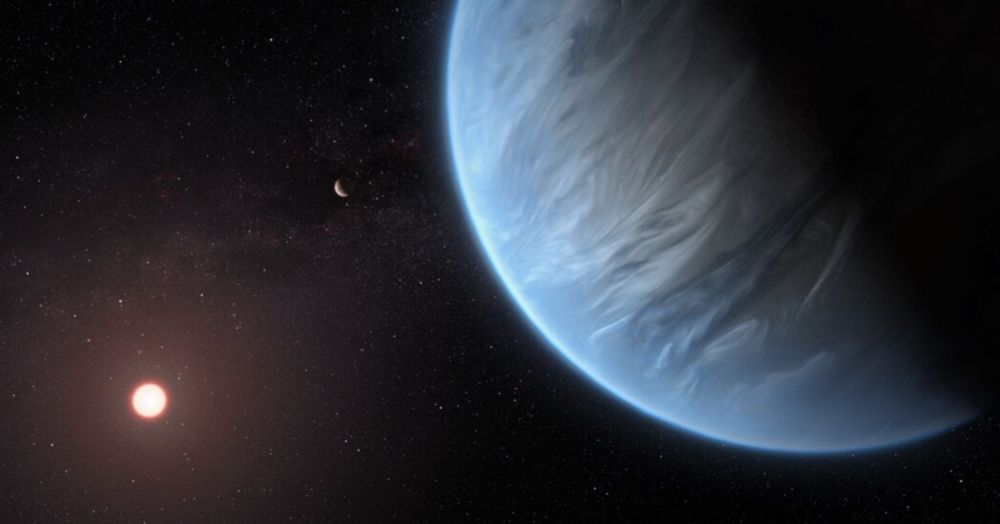Luis Welbanks
@luiswel.bsky.social
270 followers
170 following
43 posts
51 Pegasi b & Presidential Postdoctoral Fellow studying the atmospheres of planets outside our Solar System at @SESEASU -> Assistant Professor @SESEASU 2025
Previously @NASA Sagan Fellow. @Gates_Cambridge
scholar at @Cambridge_Uni.
Posts
Media
Videos
Starter Packs
Luis Welbanks
@luiswel.bsky.social
· Aug 12
Luis Welbanks
@luiswel.bsky.social
· Jul 20
Luis Welbanks
@luiswel.bsky.social
· Jun 13
Luis Welbanks
@luiswel.bsky.social
· Jun 3
Luis Welbanks
@luiswel.bsky.social
· May 28
Reposted by Luis Welbanks
Matt Nixon
@nixonmatthew.bsky.social
· May 25
Luis Welbanks
@luiswel.bsky.social
· May 25
Reposted by Luis Welbanks
Luis Welbanks
@luiswel.bsky.social
· May 23
Luis Welbanks
@luiswel.bsky.social
· May 23
Luis Welbanks
@luiswel.bsky.social
· May 23
Luis Welbanks
@luiswel.bsky.social
· May 23
Luis Welbanks
@luiswel.bsky.social
· May 23
Luis Welbanks
@luiswel.bsky.social
· May 23
Luis Welbanks
@luiswel.bsky.social
· May 23
Luis Welbanks
@luiswel.bsky.social
· May 23
Luis Welbanks
@luiswel.bsky.social
· May 23
Luis Welbanks
@luiswel.bsky.social
· May 23
Luis Welbanks
@luiswel.bsky.social
· May 22
Luis Welbanks
@luiswel.bsky.social
· May 22
Luis Welbanks
@luiswel.bsky.social
· May 22
Luis Welbanks
@luiswel.bsky.social
· May 22





